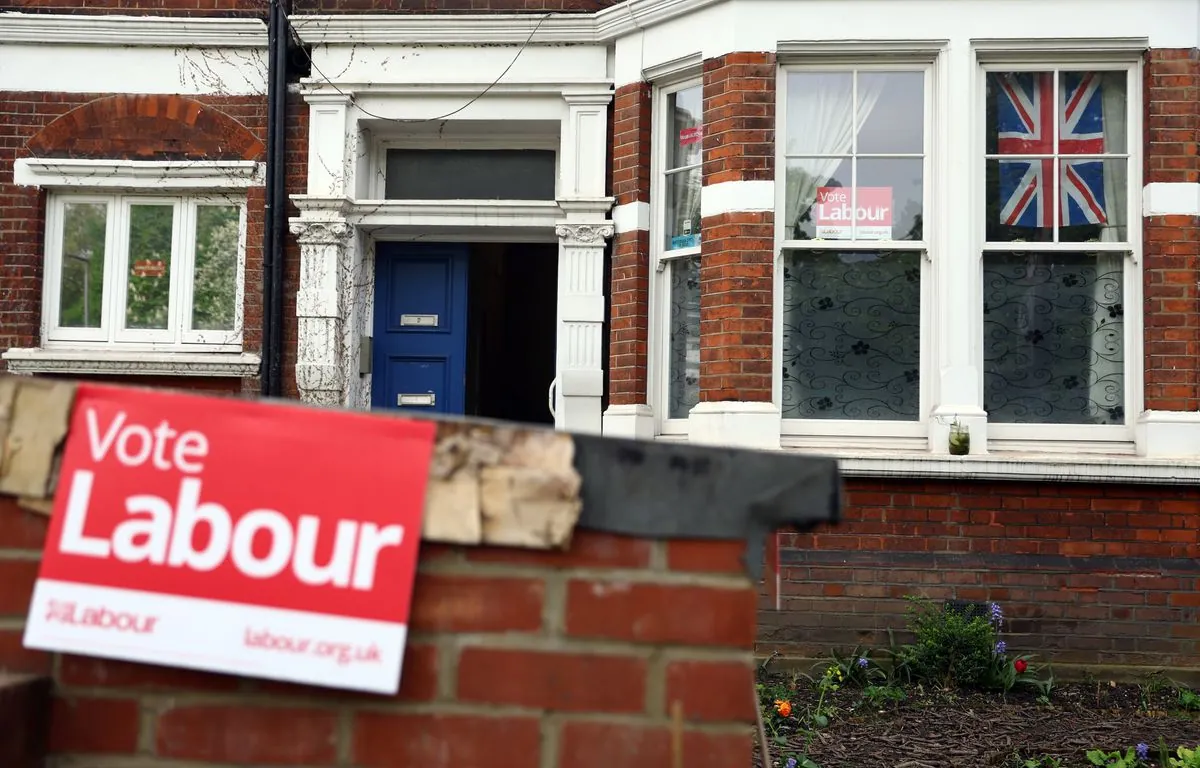Labour's Potential CGT Hike: A Break from Party Tradition?
Labour Party's rumored capital gains tax increase sparks debate. Historical context and potential economic impacts explored, as experts warn against discouraging entrepreneurship and investment.

The Labour Party is reportedly considering a significant increase in capital gains tax (CGT), a move that could mark a departure from its historical stance. This potential policy shift has sparked discussions about its implications for the UK economy and wealth creation.
Currently, higher-rate taxpayers face CGT rates of 20% and 24% on shares and property gains, respectively, compared to a 40% income tax rate. The proposed alignment of CGT with income tax rates is seen as an attempt to boost revenue under the guise of wealth redistribution.

Interestingly, this approach contradicts Labour's previous policies. In 1998, Gordon Brown's government implemented CGT reforms aimed at encouraging long-term investment and supporting dynamic firms. The Budget document at the time emphasized the importance of recognizing individuals who nurture promising start-ups into successful businesses.
"To get the best out of the country's entrepreneurs, the UK tax system needs to recognise the investment of individuals who nurture promising start-ups into successful businesses."
However, the current Labour leadership, under Sir Keir Starmer, seems to have shifted focus. Rachel Reeves, the shadow chancellor, has stated that "sustained economic growth is the only route to the improved prosperity that the country needs." Critics argue that increasing CGT rates may not align with this goal.
It's worth noting that CGT has undergone several changes since its introduction in 1965. The highest rate in UK history was 40% from 1988 to 2008, before a flat rate of 18% was introduced. Today, the UK employs a complex system of CGT rules, including exemptions for personal possessions worth up to £6,000 and the Principal Private Residence Relief for main homes.
The potential CGT increase is expected to primarily affect business founders, investors, and landlords. There are also concerns about possible changes to the "business asset disposal" relief, formerly known as "entrepreneurs' relief," which allows business owners to pay a reduced 10% CGT rate when exiting a company.
As the debate continues, it's crucial to consider the broader economic implications. The UK's CGT system includes provisions such as the Annual Exempt Amount and allows for indefinite carry-forward of losses to offset future gains. These features, along with special rules for assets like cryptocurrencies and inherited property, contribute to a complex tax landscape that any reforms must carefully navigate.
In conclusion, while the Labour Party may be considering a significant CGT hike, it's essential to balance revenue generation with the need to encourage entrepreneurship and investment. As the political landscape evolves, the impact of such tax policies on the UK's economic growth and prosperity remains a topic of intense scrutiny.


































